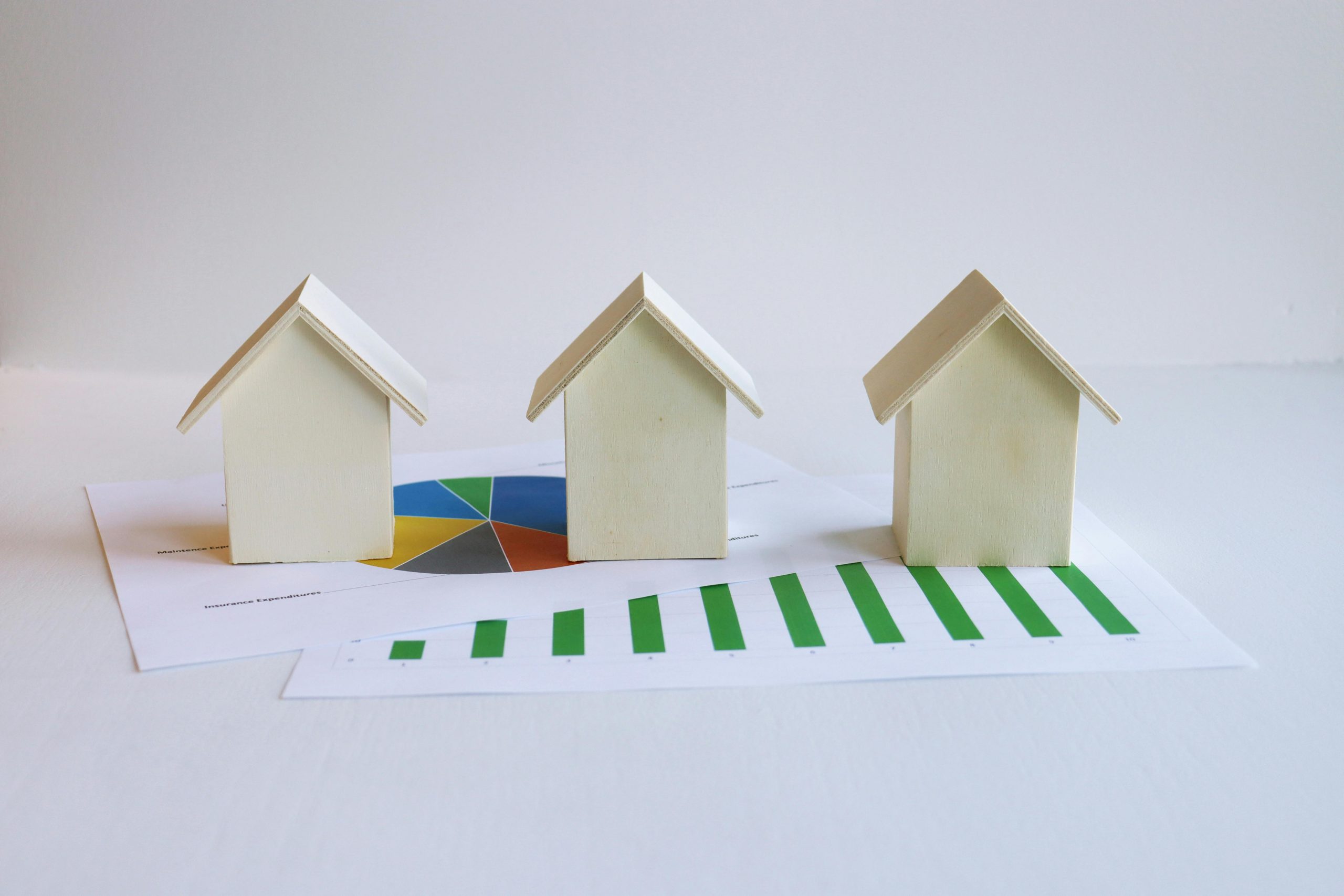Mortgages

Mortgage and it’s types
One of the most important factors to consider when purchasing a property is the type of mortgage you choose. The best mortgage for you will depend on your circumstances, plans, and whether you want to live in or rent out the property. A mortgage is a long-term agreement. Take time to think about what you want and how much you can afford.
Different Types of Mortgages
01.
Fixed Rate Mortgages
A fixed-rate mortgage will mean your monthly payments should stay the same until an agreed date, no matter what happens to interest rates in the market.
Fixed-rate periods come in various lengths, for example, 2, 3, and 5 years.
02.
Tracker Mortgages
Tracker mortgages follow the Bank of England’s Base Rate and rise or fall along with it. The interest rate charged is the Bank of England’s Base Rate plus an agreed margin. There are ‘lifetime’ trackers for the life of the mortgage, as well as term trackers, which may last for 2 or 3 years.
03.
Standard variable rate (SVR) mortgages
The SVR is the rate of interest that’s usually charged once a fixed rate or term tracker period ends. You can often move to another fixed mortgage or tracker product instead of moving onto an SVR.
Some lenders may also let you take out a mortgage on their SVR. Your lender decides the rate and may increase or decrease it throughout your mortgage.
04.
Offset Mortgages
Put your savings to work with an offset mortgage.
Reduce your monthly payments or pay off your mortgage sooner by offsetting other accounts with us against your mortgage balance.
05.
Discount Rate Mortgage
Lenders can offer a discount off their standard variable rate (SVR) for a set period of time, usually two to three years. The lower rate means that the monthly repayments work out cheaper; however, when the discount period ends, the interest rate returns to the SVR of the lender, and the monthly payments will most likely increase. It may also charge penalties for overpaying or ending the agreement early.
06.
Capped Rate Mortgage
The interest rate on a capped rate mortgage moves in line with the lender’s SVR but is capped to prevent it from exceeding a certain maximum. This provides a measure of certainty that the monthly repayments will not go over the specified amount.
However, capped rate mortgages usually have higher rates than standard SVR mortgages as you are paying for the added security.
07.
Interest-Only Mortgages
An interest-only mortgage enables you to pay off the interest of the mortgage without paying the capital. The monthly repayments can work out cheaper; however, the entire capital amount would still need to be paid at the end of the mortgage period.
08.
Repayment Mortgages
This is the most common type of mortgage repayment plan. Your monthly payments will go towards paying off both the amount you borrowed and the interest on your mortgage.
09.
Shared Ownership
You could buy a share of a property and pay rent on the rest. If you’re a first-time buyer or struggling to save a deposit, shared ownership could be for you.

